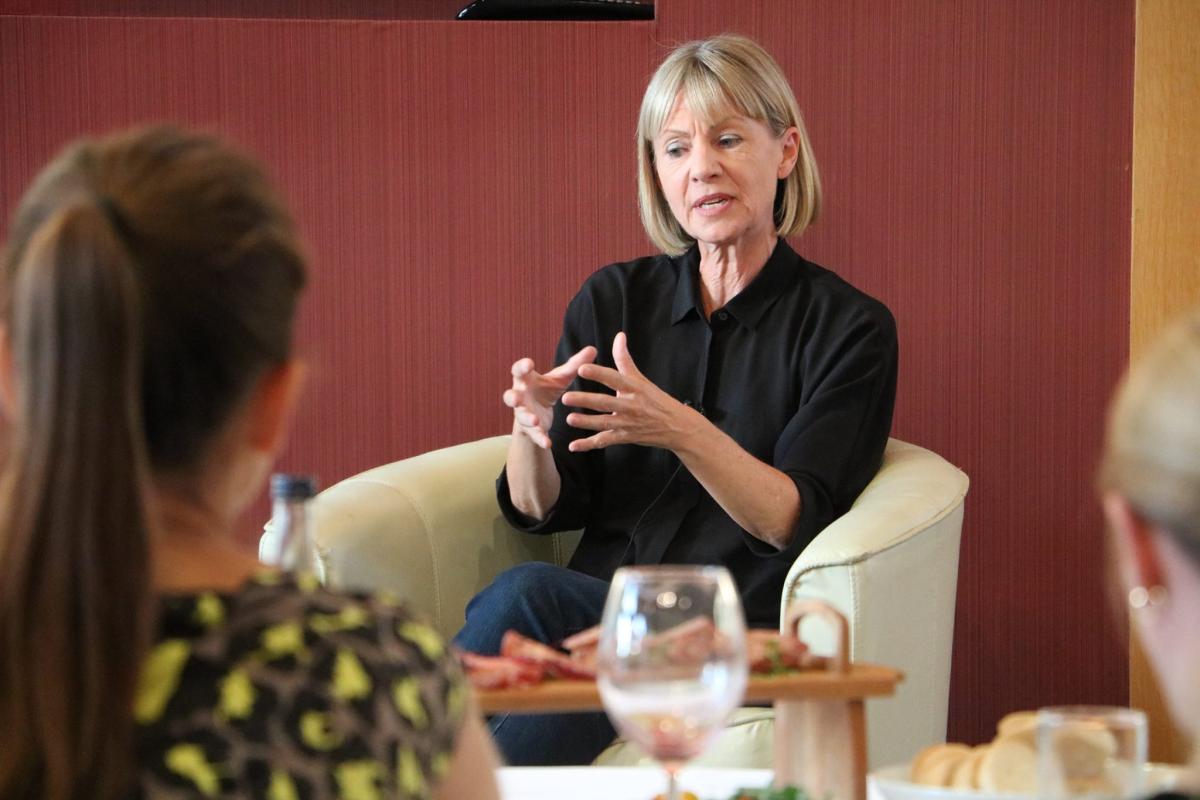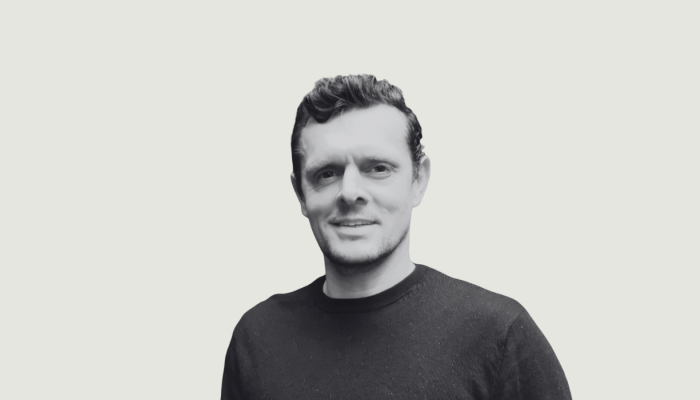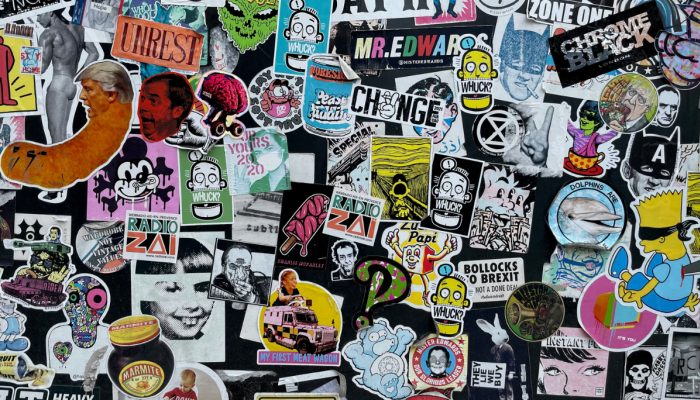I like people who ‘do’.
I love people who see an issue and do something positive about it, rather than just talking or simply complaining about it.
So, when I was invited to go along and see Kate Mosse, OBE speak about bravery and story-telling at a Marketing Society event last Monday, I didn’t need asking twice.
Because Kate Mosse is a ‘do-er’ of epic proportions.
Firstly, she is the author of six novels & short story collections, including the No 1 multi-million selling Languedoc Trilogy - Labyrinth, Sepulchre and Citadel. Her books have been translated into 37 languages and published in more than 40 countries. She has also written three works of non-fiction, four plays and is curating a collection of short stories inspired by Wuthering Heights to celebrate the 200 anniversary of Emily Bronte's birth in 2018. On top of that, her documentary on the writer & classicist Helen Waddell will be broadcast by the BBC in 2018.
As a writer interested in historical stories, Kate Mosse has not only inspired and changed people’s lives with her words, her actions have actually changed history itself.
More than two decades ago following the release of the 1991 Booker shortlist, with not a single woman on the list, Kate wanted to discuss why women’s writing didn’t receive the attention it deserved.
This lack of acknowledgement was despite the fact that 60 per cent of novels published in the UK that year were written by women with women also buying 70% of all books. To give a wider picture: at that time, less than 9% of novels shortlisted for major literary prizes were by women.
Kate decided that the time for simply noticing the disparity between the recognition of male and female authors was over, and moaning about it had never been on Kate’s agenda anyway. As she eloquently put it on Monday evening in conversation with her good friend Syl Saller, Diageo’s CMO and president of Marketing Society:
“You either moan or you do something.
You either shut up or act.”
Kate Mosse didn’t just talk about the inequality in the literary world. She didn’t just complain.
She saw the change that needed to take place and she was brave enough to set about making it happen. That is not to say that she daubed herself with war paint and roared in the face of the patriarchy:
“Bravery is telling the small stories.
When you’re brave in a little way the big things look after themselves.”
Kate wanted to tell the lesser-known story of female authors.
The brave part was that she wanted to write a new story. A tale in which female literary talent was no longer overlooked and female authors were given the same standing as a male author.
This was a story that hadn’t been told before and in fact no-one – even Kate - knew how it would end.
So, in the mid 90s Kate started the Women’s Prize for Fiction.
That makes it sound like it was easy.
It wasn’t. Kate recounted some of the struggles:
“I thought everyone would be onboard.
I was naïve, I knew nothing about the media or the press.
The view was: If women were any good they wouldn’t need a special prize.
Still now every year I’m asked to justify the prize.
I can’t imagine another other successful prize being asked to justify itself.”
And it is successful. It’s worth noting that these awards are the most successful, in terms of selling books and being recognised globally. Lucrative publishing deals have emerged as a result of the prize with previous winners including Chimamanda Ngozi Adichie, Zadie Smith, Ali Smith, Andrea Levy, Marilynne Robinson, one of Barack Obama’s most cherished authors.
This is not to say that Kate doesn’t support men too.
“I believe that everyone should be judged on what they achieve what they say what they do, we should celebrate excellence regardless of gender, race, beliefs etc.. For me, being a feminist, it is about liberating women AND men from structures that don’t help anyone.”
When the floor was opened up to questions a female author in the room thanked Kate for setting up the prize. It had certainly helped her believe in herself. In fact, that very day she’d seen her own recently published book sharing shelf space with Kate’s current book, The Burning Chambers, which had been a dream come true for her.
Clearly this was just one of thousands of examples of a happy ending to the story that Kate started when she launched the Women’s Prize all those years ago, when she set out to do something to change the perception of female authors rather than just complain about it because, as she beautifully summarized:
“You can always rewrite endings to make them come out the way that you want them.”
By Jo Wallace, creative director at JWT London.
Follow her @jowallacetweets. Jo is also the founder of Good Girls Eat Dinner, a non-profit which exists to provide kick-a$$ female role models across the creative industries.



